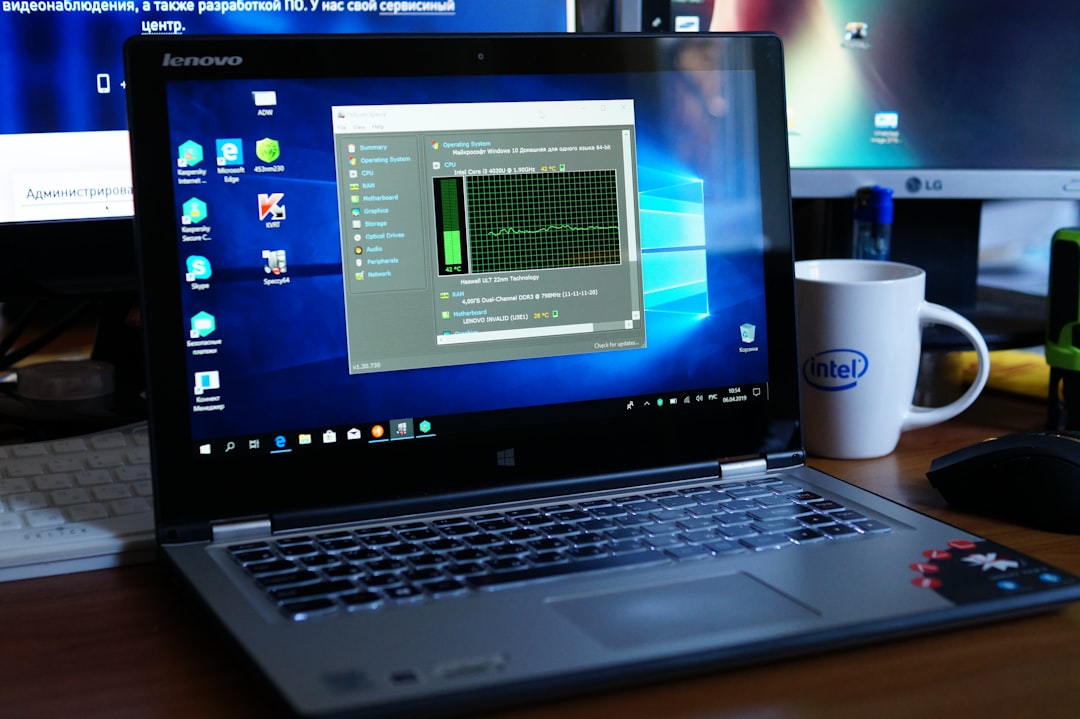Imagine you’re working on a research project or writing a term paper. You’re looking for reliable academic sources, and naturally, Google Scholar becomes your go-to platform. Now imagine having an AI assistant like Gemini that could help you sift through academic papers, extract key points, and even summarize long research articles. But the big question is: Can Gemini access Google Scholar data? The answer is more nuanced than a simple yes or no.
Understanding Gemini: A Quick Overview
Gemini is a suite of AI tools and models developed by Google DeepMind. It represents the cutting edge of artificial intelligence, with applications ranging from chatbot capabilities to complex reasoning and multi-modal interactions. Gemini is designed to provide meaningful and contextual answers, automate tasks, and even assist with research.
Given Google’s extensive ecosystem—which includes apps like Gmail, Docs, and even Chrome—it’s easy to assume that Gemini would integrate seamlessly with every Google product. However, Google Scholar operates a bit differently from services like Gmail or YouTube, making access by AI tools more complicated.
What is Google Scholar?
Google Scholar is a freely accessible search engine that indexes scholarly literature across disciplines and formats. It includes peer-reviewed papers, theses, books, conference papers, preprints, and court opinions. The platform is widely used by students, researchers, and academics for discovering literature and tracking citations.
Despite being managed by Google, Scholar is not integrated into Google’s cloud products the way other services are. That distinction is critical when discussing whether AI agents, particularly Gemini, can access its data.
Direct Access? Not Quite
The truth is, Gemini does not have direct access to Google Scholar’s full dataset in the way you might expect. Here’s why:
- Robots.txt Restrictions: Google Scholar’s robots.txt file disallows automated crawling and scraping. This means that even though it’s a Google service, AI tools like Gemini can’t freely harvest data from it.
- Privacy and Licensing: Many of the articles indexed on Google Scholar are subject to copyright and licensing agreements. Allowing an AI tool to access and process those articles wholesale would raise legal concerns.
- Scholar is Loosely Integrated: Unlike Gmail or Google Drive, Google Scholar is more of a specialized search engine. It doesn’t offer an open API or sanctioned method for bulk data extraction, even for other Google tools.
That said, you can still use Gemini to assist with research involving sources that you discover on Scholar—just not in a fully automated fashion.
What Gemini Can Do With Google Scholar
Although Gemini cannot directly pull data from Google Scholar’s servers or index, there are several ways it can be helpful:
- User Input Facilitation: You can copy and paste abstracts, article snippets, or metadata into Gemini, and it can help summarize or analyze that content.
- Citation Structuring: After you collect references from Google Scholar, Gemini can help format them into MLA, APA, or Chicago styles.
- Keyword Extraction: If you’re exploring a complex topic, Gemini can analyze several titles or abstracts that you input and suggest keywords or topics for deeper exploration.

Workarounds and Ethical Considerations
There aren’t any sanctioned APIs or export functions they can plug into, but if you’re committed to leveraging AI for academic research, you can take the following approach:
- Export Manually: Download citations or abstracts from Google Scholar using its built-in citation tools. These can then be fed into Gemini for analysis or summarization.
- Use Institutional Access: If you have access to academic databases through a university, you can pull full-text documents from those sources. Gemini can assist with understanding these documents better.
- Use Gemini in Parallel: Query Google Scholar manually but use Gemini simultaneously to generate summaries or list down concepts you want to delve deeper into.
It’s important to recognize the ethical and legal boundaries here. AI tools have to adhere to data usage laws and policies. Google, being the curator of both services, is particularly cautious about how the content in Google Scholar is treated. Abusing these limitations through unauthorized scraping or bypassing restrictions could potentially lead to access being blocked or worse.
Possible Future Integrations
Given the increasing popularity and utility of AI tools like Gemini, it wouldn’t be surprising if Google eventually offered a more seamless integration between its AI services and academic research tools—while observing copyright and licensing limitations.
Here’s what we might see in the future:
- API Access: A limited Google Scholar API that allows controlled access via Gemini, respecting article rights and providing only metadata and abstracts.
- Scholar Plugins or Extensions: A Gemini Chrome extension could allow users to interact with the content they view on Google Scholar pages in real-time—while staying within legal limitations.
- Smart Research Assistant: Imagine Gemini prompting you with related papers or suggesting where to dig deeper when working on a research project in Google Docs.

What About Alternatives to Google Scholar?
If your research is expansive and you wish to use AI more freely, consider using platforms that offer open-access articles or APIs. For example:
- arXiv.org: A repository for physics, mathematics, and computer science papers that’s open-access and allows crawling.
- PubMed: Offers access to biomedical literature and comes with an API for developers and researchers.
- CORE: An aggregation of open access research outputs that offers accessible APIs.
These platforms are highly compatible with AI tools because their open-access nature removes many of the legal concerns associated with data extraction and usage. If you wish to let Gemini explore full-text articles freely, these resources are more suitable than Google Scholar, at least for now.
Conclusion: A Helping Hand, Not a Replacement
So, can Gemini access Google Scholar data? Not directly. There are policy, legal, and technical limitations preventing it from doing so. However, Gemini can assist with research tasks by analyzing content you provide, organizing citations, extracting key ideas, and even helping you draft conclusions based on your findings.
While it may not autonomously browse Scholar’s vast index, its ability to work in concert with your manual research flow can still save a tremendous amount of time and effort.
With advancements in AI and possibly more robust integration options from Google in the future, it’s not hard to imagine a day when Gemini could deeply interface with tools like Google Scholar in an ethical and powerful way.
Until then, think of Gemini as a highly intelligent research assistant—one that won’t fall asleep on the job, even during long nights of studying and paper writing.


